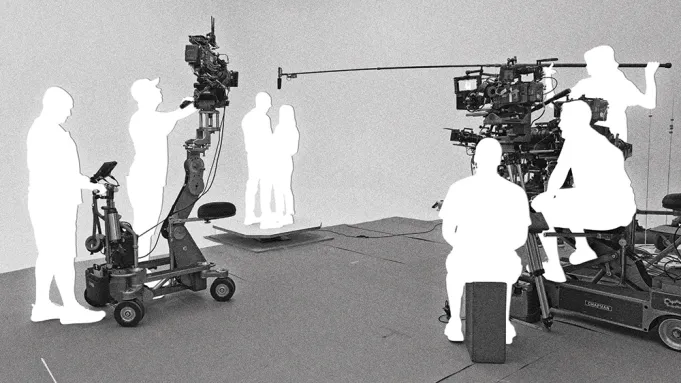Eight Hour Days in Film

I know my hypocrisy in saying this, but it needs to be said.
The film industry should adopt 8 hour days.
I'm excited to see an upcoming worker strike over work conditions.
12-hour days, which can become 18-hour days in the hands of a sadistic producer, are hard on the body, caffeine-fueled, and grueling. To go through a career of those is to see a major toll on your body, at pay levels that do not justify the wear and tear.
The reason, of course, is budget. To get the same number of hours on 8-hour days, you need to film for 50% more days — and the greatest determinant of a shoot budget is number of days.
And you lose more than the 4 hours per day — film days have a momentum and a rhythm to them, with a few hours at the start to set up, unload gear, and begin shooting, and an hour at the end to wrap. On Dared My Best Friend we would often spend the first half of the day in one location and the second in another. This simply wouldn't be possible in the same way with 8 hours. We'd shoot 6 hours in one location, do a company move, and then get the first shot ready — but it would still be an hour the next day to get back into it.
At the same time, that could be seen as a challenge of logistics. Implement staggered calls better, where some departments come early and others come late. Hire extra crew to come in the evening and relieve the morning crew. Build tech and practices that help optimize a production. We tend to adapt and settle into conditions around us, and think they're the only way.
Digital cinema has made lighting and shooting so much faster that surely a modern 8-hour day, while seemingly way less productive to us, is more productive than a 12-hour day from the 80s?
This is hard to take a stand for, because when I look at a meager indie film budget and ask what sacrifices we will make to get the best film in that budget, it's next to impossible to justify reducing hours per day when nobody will bat an eye at 12 hours — taking 1/3 less product for the same cost, when that money was so hard to raise.
If norms were changed, or laws were passed, my hand would be forced and our team would find a way around it.
I hope to have a budget for a film in the future where this is an easy decision to make. And in the meantime, studio films can more than afford the bump and should do it.
I'm heartened to see people in the industry standing up and saying they won't take it any more.
A note on hypocrisy: I was reticent to post this, because I have perpetuated this system. And I don't think hypocrisy should be a reason not to stand up and speak. If we limit our speech to exclude hypocrisy, we must first change before we can even speak. And almost all change is a process. Hypocrisy is a part of the human existence, and I think better to flag it than ignore it. So I ask you to hold the complexity here.
